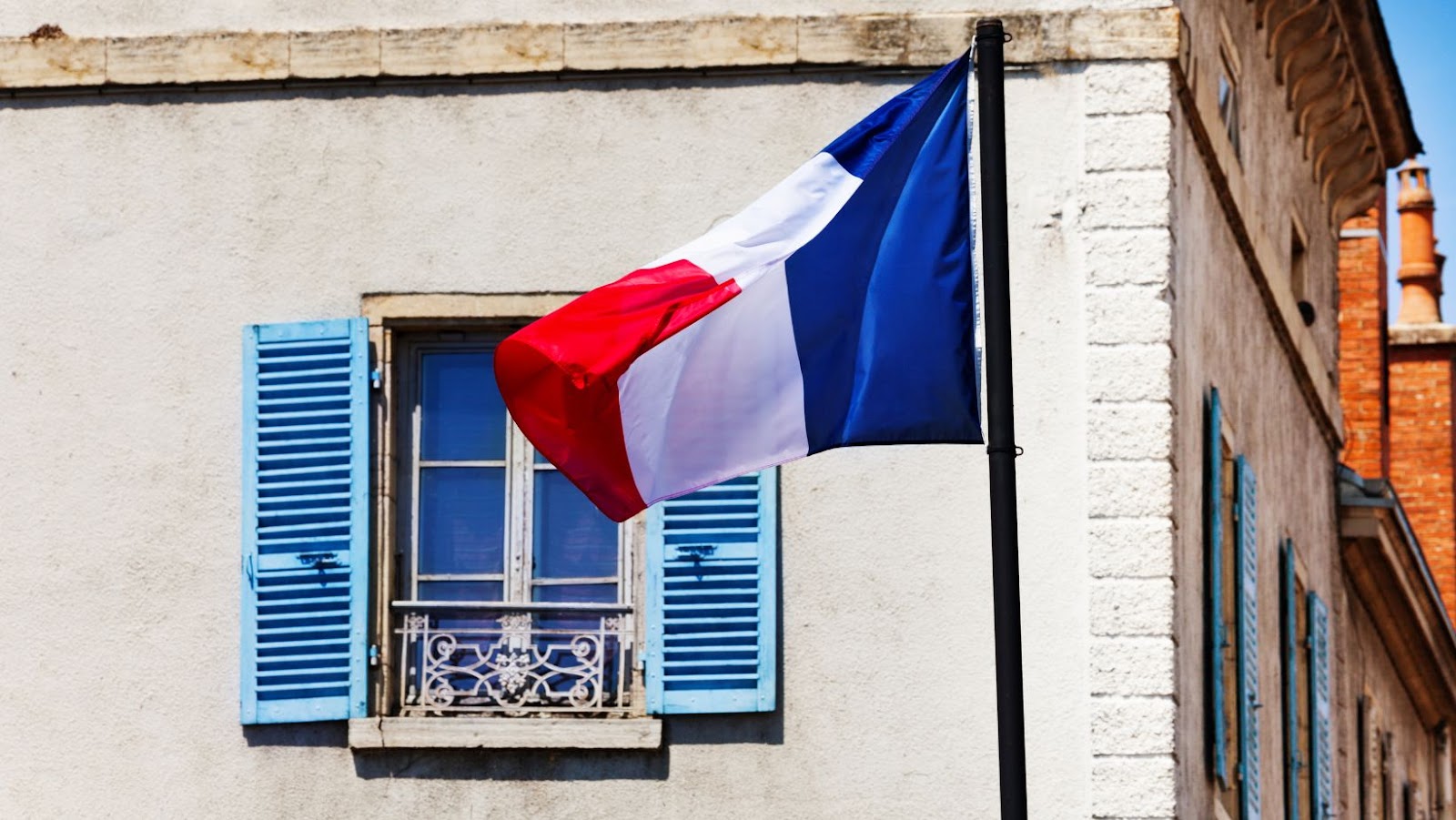Learning French is an essential component when planning a trip to France. Acquiring French language skills before traveling will boost your confidence and allow you to communicate effectively with the locals, enhancing your travel experience. Speaking the local language also portrays respect for their culture and helps you immerse yourself in it.
Moreover, knowing basic French terms such as greetings, restaurant etiquette, and transportation vocabulary can make your trip more comfortable, especially if you’re visiting non-touristy areas. Similarly, it allows you to find your way around easily and avoid misunderstandings while ordering food or asking for directions.
Learning French before travelling can reduce the stress of making errors in basic communication and help build rapport with locals. In addition to enrolling for online classes or attending physical classes, apps like Duolingo and Babbel provide gamified training to learn French quickly. In addition, practice speaking to native speakers through platforms like iTalki helps improve speech fluency.
Want to impress locals on your next trip? Start with these basic French phrases and soon you’ll be saying ‘oui oui’ like a pro.
Basic French Phrases and Vocabulary to Learn
If you are planning a trip to France, learning some basic French expressions and vocabulary beforehand is essential. Knowing the basics can help you communicate better with locals, navigate your way around the city, and enhance your overall travel experience.
Here are four points to consider when learning basic French phrases and vocabulary:
- Greetings – Learn how to say Bonjour (Hello), Au revoir (Goodbye), S’il vous plaît (Please), Merci (Thank you) etc.
- Numbers – Knowing numbers for shopping, transportation and other daily activities is important.
- Food & Drink – Learn commonly used food-related phrases like Je voudrais un café s’il vous plaît (I would like a coffee please.) or Où est la boulangerie la plus proche? (Where is the nearest bakery?)
- Transportation – Learn some essential phrases related to public transportation such as Où se trouve la gare? (Where is the station?), Quand le train part-t-il? (When does the train leave?) etc.
To add more value to your language skills, explore regional variations of French because accents vary significantly by region. For example, you will find unique dialects in Southern France or Quebec that may not be familiar. Keep an open mind and don’t hesitate to practice with locals.
To make the most out of your French-learning experience, we suggest using language learning apps like Duolingo or Memrise. These tools can help you memorize new vocabulary faster, practice pronunciation effectively, and increase your confidence.
Learning Basic French before traveling can make all the difference in your experience in France. Try to practice what you have learned frequently during your stay, whether ordering a coffee or asking for directions. Locals appreciate effort and will respect you for taking the time to learn their language.
C’est la vie, but with some French learning resources and tools, it doesn’t have to be.

Arrivée Quinté Du Jour Iturf
Learning Facilitation for the French Language
Immerse in the culture of France by learning its language, French. Here are some resources and tools to help you with learning French:
- Language Learning Apps: Download apps like Duolingo and Babbel that offer gamification techniques, making learning more interactive.
- Online Courses: Enroll in online courses offered by platforms like Coursera and edX that provide structured syllabuses taught by native French speakers.
- Tutoring Services: Hire a professional tutor or take lessons from websites like Italki and Verbling for personalized and one-on-one instruction.
- French Immersion Programs: Join online and offline immersion programs, allowing you to learn French while engaging with other learners in a collaborative environment.
En immersing yourself in French movies, music, and literature can help develop your listening and comprehension skills.
Did you know that Francophone countries collectively have over 300 million inhabitants? That’s the most significant global concentration of French-speaking people! So now is an excellent time to join them!
Brush up on your French accents, so you don’t sound like a character from ‘Allo ‘Allo!’

Practice Speaking French
Develop French Speaking Ability before Traveling
Practice speaking French before traveling to a French-speaking place, to smoothen communication and be more confident while conversing. A good command of the language is crucial for seamless communication.
Guide on Developing French Speaking skills
- Begin with basic French grammar, which includes verbs, pronunciation, and sentence structures.
- Use online tutorials, language exchange programs and audio resources regularly to practice speaking the language.
- Engage in immersive activities that expose you to real-world circumstances like ordering food or asking for local directions.
Additional Information on Learning French
Avoid relying solely on phrasebooks as they may not suffice in every situation. Instead, it is best to learn the language with a tutor or enroll in a course that covers all aspects of the language.
True Fact: According to the World Population Analysis, over 76 million people speak French as their first language worldwide.
Learning French before your trip may not guarantee a smoother travel experience. Still, it will impress the locals and give you a head start ordering delicious croissants.

Conclusion: Benefits of Learning French Before Traveling
Knowing Basic French Phrases can Enhance Travel Experience
Learning French phrases before traveling can vastly improve the experience of visiting French-speaking countries. Communicating in their native language makes locals more receptive to tourists and allows for easier navigation, better understanding of cultural nuances and customs, and more enjoyable dining experiences. In addition, knowing basic French phrases like greetings, asking for directions, ordering food, and polite phrases can enhance the overall travel experience.
Moreover, a little effort in learning the language shows respect towards the people and culture of the visited country. It opens doors to new opportunities like having meaningful conversations with locals or finding more hidden gems within the country that are off-the-beaten-path.















